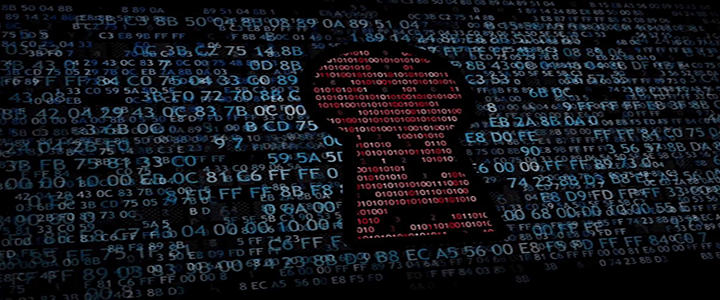In early April the Bundeswehr followed in France and the United States’ footsteps and established its Cyber and Information Space Command (CIR). Here’s what that means for Germany, and here’s what it might mean for you.
the need for centralized cyber defense
Germany isn’t immune to the growing, rapidly evolving cyber threat sweeping the globe. Deutsche Welle (DW) reports, “In the first nine weeks of this year alone, the Bundeswehr’s network was attacked some 284,000 times. The Bundeswehr has also been affected by targeted disinformation campaigns online.” German Defense Minister Ursula von der Leyen called cyber attacks “’a growing threat to [Germany’s] security.’”
Germany is coming a little late to the game of centralizing cyber defense assets to fend off the threat. But better late than never. In October 2010, the United States achieved full operating capability of its Cyber Command (USCYBERCOM). In December 2016, France followed suit, launching its own cyber command with a target FOC in 2019. Now, Germany’s in step. “Germany’s military, the Bundeswehr,” w rites DW, is a high-value target for hackers and foreign spy agencies – not only because of its military secrets, but also due to its IT-supported weapons systems. If hackers were ever to gain control of them, the results could be devastating.”
BONN STANDS UP
This month, Germany established its own cyber command in Bonn. Modest at this point—only 226 personnel—the goal for full operational capability in 2021 is 13,500 personnel, both German soldiers and civilian contractors.
In the US, the cyber threat evolves at lightning speed, and the procurement process lags behind considerably. The same is true in Germany. “In the past, the fast pace of hardware and software innovation has proven incompatible with the protracted tempo of the Bundeswehr’s procurement process,” DW reports. “IT specialists are in unanimous agreement: the Bundeswehr must become much more flexible in the future.”
The next big question is how will the cyber commands around the world be integrated and synchronized? Even within the US there are struggles with data sharing among agencies and between government and industry. The development of sophisticated cyber command centers across the globe may help make information sharing across governments happen more seamlessly.



